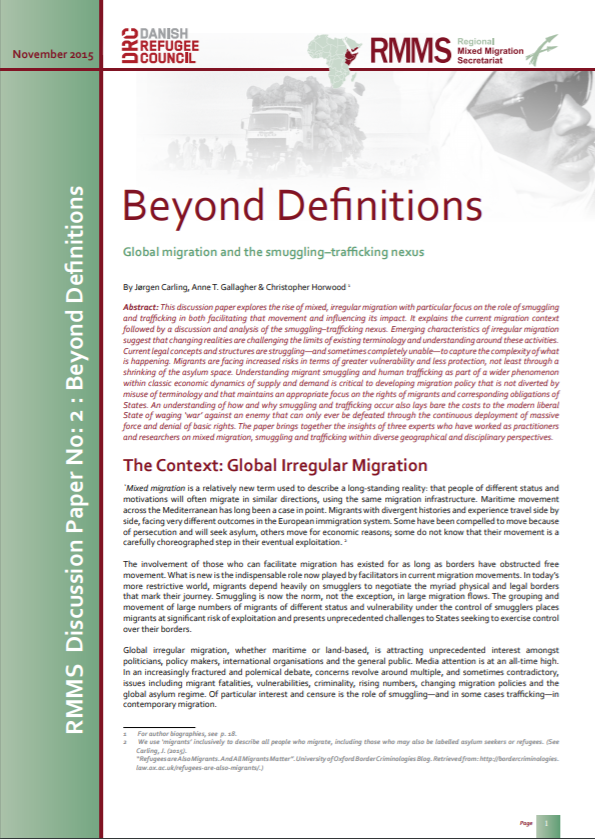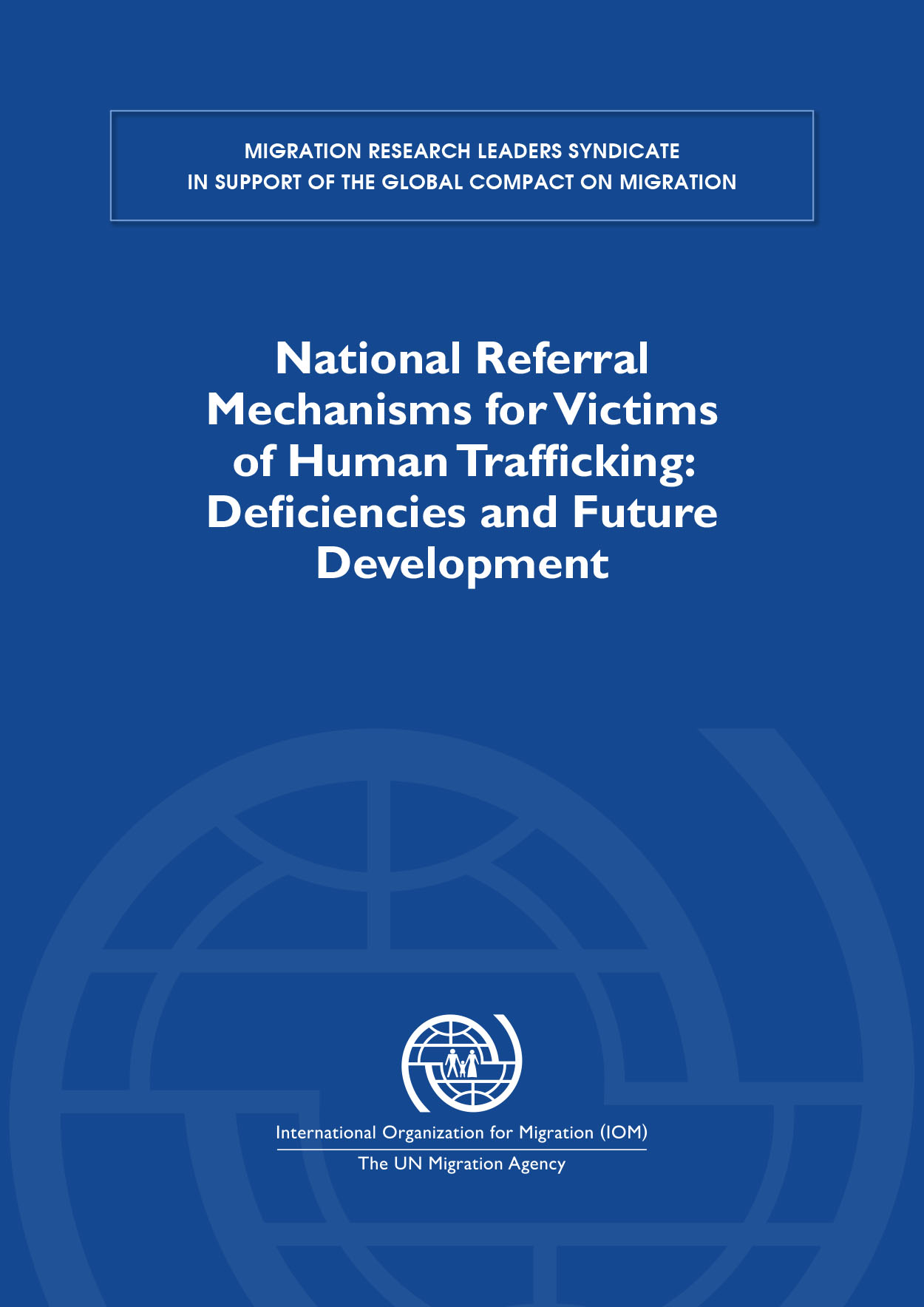Lost in Categorisation: Smuggled and Trafficked Refugees and Migrants on the Balkan Route

The approach of states to managing immigration and asylum relies to a significant extent on the assignment of categories to people entering from abroad and residing in the country. Among these categories are regular migrant, labour migrant, irregular migrant, asylum seeker, refugee, unaccompanied child, smuggled migrant and trafficked person. Each of these categories has a specific definition in national law, and so every person migrating into a country fits into one of these categories – or at least that is how we understand migration and migration policies. There are indeed many reasons why this categorisation is necessary – each category has specific rights attached to it, and describes the situation that each person is in. Those of us working on migration policy also apply these categories in order to guide the scope of our work. However, in responding to mixed migration flows to Europe during the past few years, this has been a challenge. Some people are experts on human trafficking, while others are experts on asylum and refugees. Other people are experts on irregular migration or migrant smuggling, while still others are experts on children in a migration context.
Yet to comprehend these migratory movements, it is necessary to understand legislation, policy and practice in all of these areas, because the adults and children who travelled along the Balkan and Mediterranean routes to European Union (EU) countries during the past three years did not fit neatly into just one of these categories. In fact most of them fell under a number of categories at once. What has been referred to as the “politics of labelling” in the area of mixed migration – the politically loaded use of certain terms to elicit particular responses to groups of people – is usually discussed in relation to the choice as to whether to use the term “migrant” or “refugee” (Whitham, 2017). This highlights the sometimes artificial distinctions embedded
within the language of migration and the use of “language, definitions and categorisations” to determine the rights and treatment afforded to different people (Dolan, 2017). Acknowledging that multiple categories can be applied to individual people in this context is problematic, because states and service providers, as well as researchers and policy advisors, depend on the application of these categories in order to make sense of their work. This paper examines the challenges, and some possible ways forward, in dealing with the nexus between asylum, migration management and combatting human trafficking in mixed migration contexts in general.
Country
Worldwide
Region
Worldwide
Year
2018
Category







